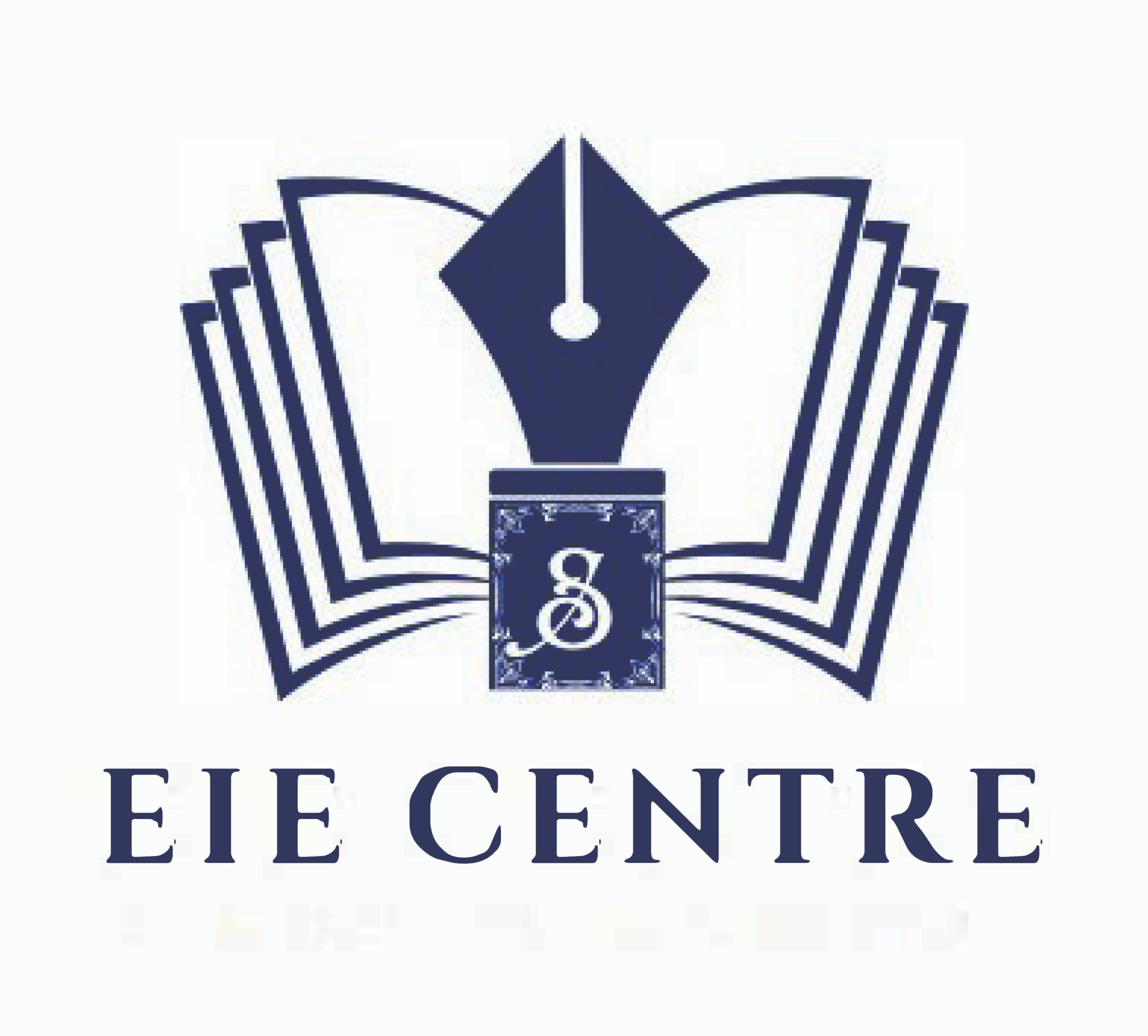Leading with Excellence: Conference & Workshop for Leaders

About Course
In today’s high-stakes business environment, the competitive edge hinges on a leader’s proficiency in negotiation, communication, and implementation of new planning and organization processes to enhance productivity. Delegating can empower staff, driving superior performance and facilitating successful change management.
This leading with excellence conference will equip you with negotiation, persuasion, critical thinking skills, and best practices for planning and organizing work to foster a culture of leadership excellence.
Negotiation is inevitably at the heart of every process to achieve what you want or need to build an alliance or work with consultants or suppliers. At the end of each negotiation, the goal is to seek a win-win agreement. Negotiation, persuasion, and critical thinking are the skills covered in the first half of this leadership excellence conference.
Businesses, and indeed, all organizations, need more productive methods of planning, more appropriate goals, and effective means of accomplishing work. A focus on using productive best practices allows for effective and efficient management of work and making changes in the organization. Planning and organizing work and delegating to build a strong team are the skills learned in the second half of this conference.
The Excellence in Leadership Journey
This leadership excellence program segment focuses on honing the skills of leaders to foster leadership excellence. Participants will explore the facets of excellent leadership, including the attributes that distinguish exceptional leaders from the rest and methods to lead with excellence. The journey covers hands-on experiences in situation analysis, decision-making, and steering organizational direction with proficiency and ethical consideration.
This leading with excellence workshop is designed to pinpoint and instill leading to excellence in leadership within the operational sphere. Participants will engage in exercises that compel leaders to optimize workflows, streamline processes, and challenge the status quo to achieve operational excellence, further strengthening their leadership toolkit.
Conference Objectives
By the end of this leading with excellence workshop, participants will:
- Recognize aims for key alliances – how to develop and manage them.
- Develop an effective plan and strategy for negotiations.
- Practice and develop skills for influencing others – especially those vital to your long-term business development strategy.
- Gain confidence as a trusted negotiator who knows which behaviors to adopt for each stage of the negotiation.
- Successfully apply the principles of persuasion to key negotiation situations.
- Recognize and counter the most common negotiating ploys.
- Recognize internal and external influences on our daily planning.
- Understand and develop the skills necessary to complete work on time.
- Learn how to organize work and projects to complete them successfully.
- Understand the characteristics of colleagues who work in our teams.
- Develop positive interpersonal techniques for better team relationships.
- Practice and develop skills for influencing others.
- Build and maintain effective and efficient procedures in the organization.
- Develop skills in managers that will raise colleagues’ capability, skill, and morale.
- Improved preparedness to deal with work task contingencies
- Establish organizational and personal planning capabilities.
- Improved performance in personal and team organization
- Improve individual and team performance by establishing productive, effective, and efficient management procedures.
- Learn to develop effective work and project plans for individuals and teams.
- Learn management techniques to plan and organize work.
- Develop skills in interpersonal interaction to better teamwork.
- Acquire useful planning, organization, and delegation management skills.
- Adds personal value and competency to an organization.
Targeted Competencies
By the end of this leadership excellence conference, participants will:
- Leadership skills.
- Management skills.
- Communication skills.
- Critical thinking.
- Decision making.
- Negotiation skills.
- Performance management.
- Planning management.
- Personal organization.
- Delegation skills.
- Time management.
Conference Content
Unit 1: Developing Alliances
- Characteristics of strategic alliances and market effects.
- Cross-cultural communication in alliance building.
- Building trust and sustaining alliance life cycles.
- Negotiation personalities and strengths.
- Communication strategies for relationship maintenance.
- Development review and action planning.
Unit 2: Influence and Persuasion Skills in Managing The Alliance
- Group dynamics and strategic individual approaches.
- Maximizing the positive impact of listening.
- Effective presentation rules for maximizing influence.
- Aligning body language with messaging strategies.
- Feedback loops and subsequent action planning.
Unit 3: Strategy in Negotiation Skills for Partners and Allies
- Steps in win/win negotiation.
- The keys to collaborative bargaining in partnering.
- Leverage: What it is and how to use it.
- Negotiation tactics and ploys.
- Dealing with difficult negotiators and barriers.
- Ethics in negotiation.
Unit 4: Higher Level Negotiation Skills for Challenging Situations
- Listening and responding to signals and informal information.
- Recovering from reversals, errors, and challenges.
- Developing a climate of trust.
- Higher-level conversation techniques.
- Concentrating action on the needs of alliance partners.
Unit 5: Critical Thinking for Decision-Making
- Information management and control.
- Assumption validation and sourcing.
- Problem framing strategies.
- High-pressure decision-making techniques.
Unit 6: Creating an Attitude to Change How We Plan and Organize Work
- Implementing new systems and strategic frameworks.
- The impact of organizational change on planning.
- Excellence standards in personal and teamwork.
- Managing processes and planning skill set reviews.
- Goal-setting for project initiation.
Unit 7: Importance of Planning Management
- Integrating goals, scope, work structure, and management planning.
- Identifying initial resource requirements.
- Identifying risk techniques that affect work assignments, priorities, and deadlines.
- Communication that responds to who, what, where, when, how, and why.
- Understanding the importance of quality planning in work assignments.
Unit 8: Delegation, Personal Organization, and Setting Priorities
- Understanding how people approach their work.
- Planning for time management, scheduling, and meeting deadlines.
- Using proper delegation skills to empower staff.
- Improving prioritizing of work and work tasks.
- Planning for delegation of responsibility and authority.
Unit 9: Planning Effectively with Your Team
- Identifying the skills required to obtain the help of others.
- The importance of group skills to achieve team success.
- The importance of interpersonal skills in making personal and team decisions.
- Empowering the team through the development of interpersonal skills.
- The importance of versatility in team relations.
Unit 10: Developing Personal and Team Change Plans
- Encouraging innovation for personal and team development.
- Navigating the human aspects of change.
- Setting actionable goals for change management.
- Managing resistance to change effectively.
- Action planning for transformative personal and team growth.
This Leading with Excellence conference promises an excellent way to lead, providing expertise for those aspiring to lead excellently. The goal is to deepen the understanding of leadership and excellence, crafting robust paths toward outstanding leadership performance.
